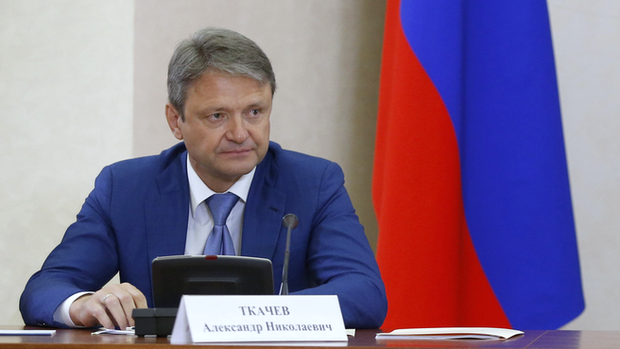Mega farms leave no chance for small Russian farmers
Russian officials have repeatedly extolled Russian-Western reciprocal sanctions naming them a boon to the country's agricultural sector. Nonetheless, an increased demand for many food products has turned to be favourable only to large agribusinesses, which are often connected with the political elite, but not to smallholdings.
Russia's five largest landowners together control an area the size of Belgium, states Thomson Reuters Foundation News citing Moscow-based BEFL consulting company. A rapid growth of the domestic agricultural sector started in 2015 when President Putin imposed a ban on many imported foods in retaliation for the Western sanctions of 2014. ''Every crisis, as you know, is an opportunity… The government is all for the development of agriculture, everybody is talking about developing internal production,'' commented Inessa Valueva, a project manager at BEFL.
As a result, some agribusiness giants have grown to dominate entire regions while many smallholder farmers have been squeezed out, claims Transparency International, a global anti-corruption organisation. In some of the Russian regions, small farmers had to turn their land over to corporations as local governments hiked tax rates, says Ilya Shumanov, deputy director at Transparency International Russia. ''I think it's very easy to use government connections to put some pressure on a small and medium-sized business to motivate them to sell to these big companies.''
According to Shumanov, three of the five biggest landowners named in the BEFL report are connected with high-profile political figures. One of them is Russian Minister of Agriculture Aleksandr Tkachyov, who was appointed to his position in April 2015. Agrocomplex named after N.I. Tkachyov, which has acquired more than 180,000 hectares of land in 2016, is currently managed by the minister's family. The official says there is no conflict of interest between his government post and his family's ownership of the country's fourth largest landowner.

Tim Hanstad, co-founder of the land rights advocacy group Landesa, believes that the modern tendency comes from the collapse of the Soviet Union when failed schemes aimed at giving farmers a share of collective farms let many agribusinesses obtain vast areas of land. ''They played the game, in a way, so that they essentially accumulated the shares of the members of their collectives, and in that way amassed huge amounts of land in the control of the corporations they controlled.''
Ilya Shumanov said it is often impossible to identify beneficiaries of the expansion of agribusiness giants during sanctions as they mostly have obscure complex and obscure structures. But it is absolutely clear that small farmers are losing out in the competition.